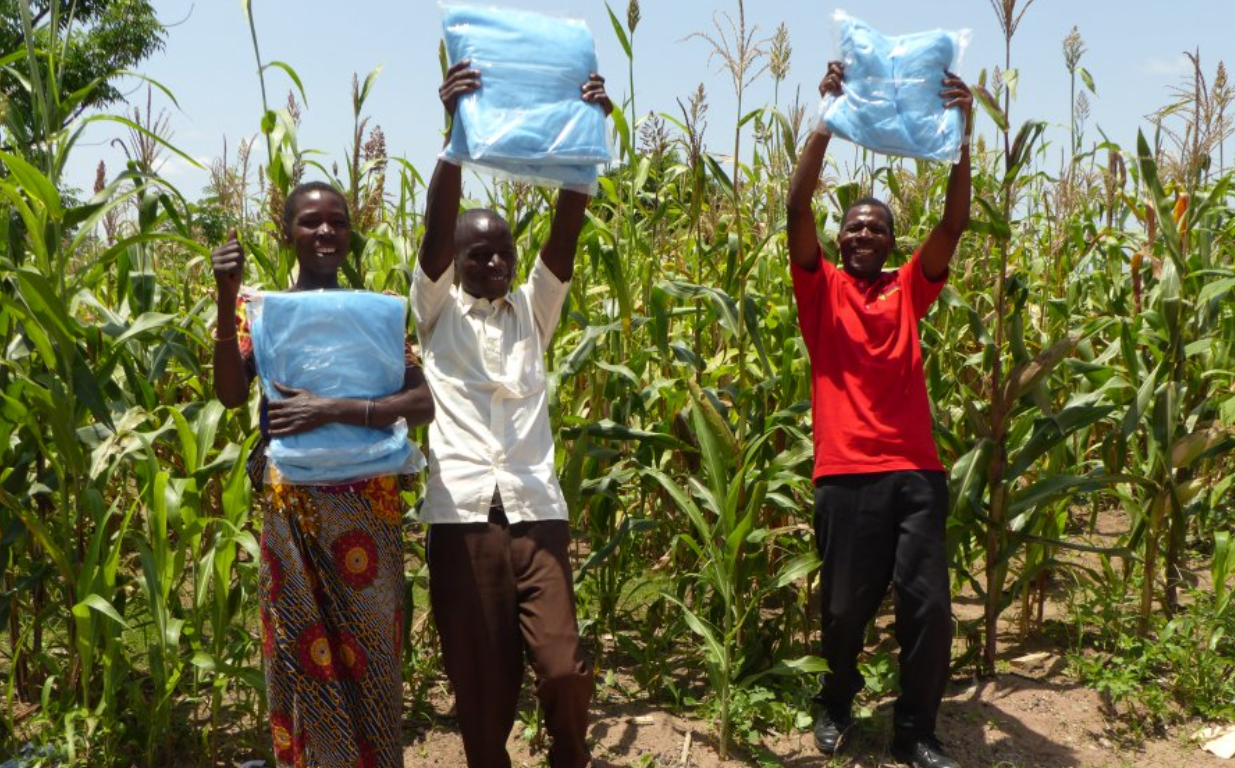Parents and guardians must consider seeking medical care for children who wet beds instead of punishing them, say researchers in a study done in Eastern Tanzania, highlighting the need for raising community awareness about the childhood disorder.
The researchers say bed-wetting, known as enuresis, could also be a result of a medical problem that is generally ignored but has severe psycho-social impact on children, leading to poor school performance and lack of self-esteem. Children with the problem usually cannot control their urination while asleep after the age at which bladder control usually begins.
The study, which is published in the Tanzania Medical Journal (TMJ), involved 510 children aged between 5 and 14 years who were recruited from 12 streets in Morogoro Municipality.
During the study, the researchers analyzed, among other things, data on the level of education of the children’s parents, whether the child had a bed-wetting disorder or not as well as whether there was a history of bed-wetting in the family.
Results show bed-wetting was noted in 19% of the 510 children, with over 42 % of the parents/guardians who were interviewed by researchers reporting to have punished their children because of bed-wetting. Higher prevalence rates of bed-wetting were found in children aged below 8 years.
But according to the study, only one in five of the parents/guardians reported to have sought treatment for their children, adding that the disorder is common in children whose family members had a past history of bed-wetting.
“… there is a need for initiatives to raise community awareness about enuresis in Tanzania,’’ suggests the study.
The lead author, Dr Francis Furia who is a lecturer in the Department of Paediatrics and Child Health at Muhimbili University of Health and Allied Sciences (MUHAS) says the study highlights a problem that is common globally but affecting the country, noting, “…there are many children out there who need to be reached and treated.”
He tells MedicoPRESS that due to lack of awareness in most Tanzanian societies, children with the disorder are sometimes ridiculed by their caretakers in front of other peers, whipped and made to sleep on the floor.
“[Parents usually do this] to discourage their children from wetting beds. What they do not realize is the fact that their children are sick,’’ he says.
“I have treated children with this condition for years, some were in secondary schools,” says Dr Furia, who also works as a medical specialist at Muhimbili National Hospital (MNH).
Commenting on the study, a clinical psychologist and founder of Mental Health Tanzania (MHT), Onesmo Petro says the study reveals why patents should change their perceptions about bed-wetting, calling for urgency in establishing an initiative to educate the society on the psychological impact of the disorder.
Petro says, “As a society we should accept that, enuresis is a problem; based on the study’s findings. The acceptance will help the parents to seek experts’ help,” warning further: “Children with enuresis are at high risk of developing psychiatric disorders.”










1.What is medications for enuresis?
2.What is medical branch dealing with enuresis
3.I propose you educate people on enuresis using media like magazine and radio because some of children and elderly people are being stigmatized and even this problem leads into marriage breaking to some people